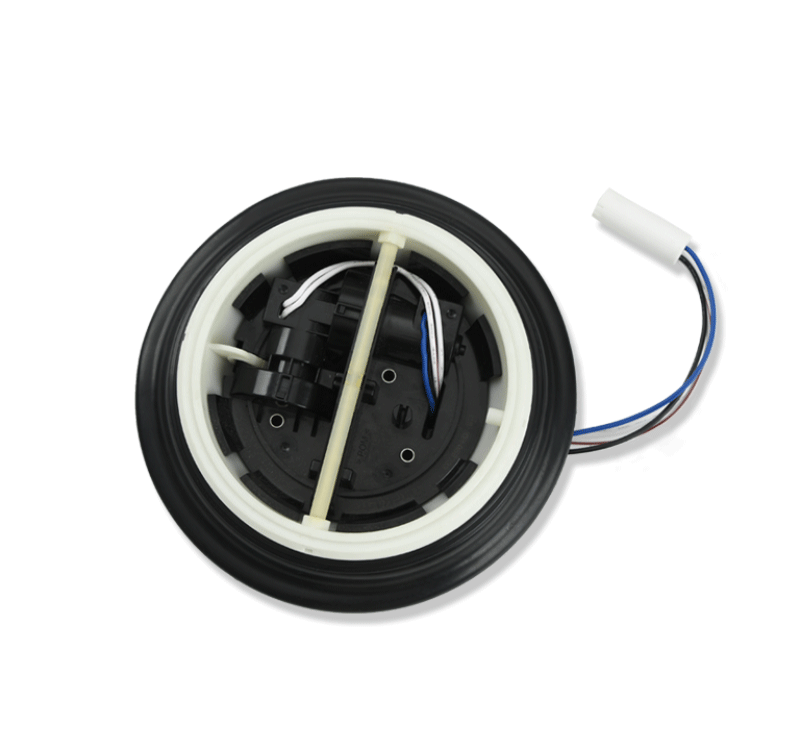

Haoyong Automotive Controls
In today’s automotive industry,a custom Door Actuator car factory relies heavily on automation to achieve higher precision,efficiency,and consistency in production.The demand for smart vehicles and advanced door systems continues to rise,pushing manufacturers to adopt automated processes that ensure every actuator meets exact performance and safety standards.

Automation in custom Door Actuator manufacturing covers multiple stages—from component assembly to quality inspection.Robotic systems handle intricate assembly tasks with minimal human error,ensuring that each actuator aligns perfectly with specific car models.Automated welding and molding machines improve accuracy while reducing waste,helping factories maintain cost efficiency without sacrificing quality.
In testing and calibration,automation plays a crucial role as well.Sensors and digital systems can simulate real-world door operations,allowing the custom Door Actuator car factory to verify responsiveness,torque output,and durability under various environmental conditions.This data-driven approach helps engineers continuously refine actuator design and performance.
Moreover,automation enables faster turnaround times and scalable production.With smart manufacturing software and AI-based monitoring,factories can track output in real time,predict maintenance needs,and optimize workflow.As electric vehicles and intelligent car systems evolve,automation ensures that every custom door actuator integrates seamlessly with modern automotive electronics.
Ultimately,automation empowers custom door actuator car manufacturers to deliver reliable,customized,and technologically advanced products at scale.It represents not just efficiency,but the future of precision-driven automotive engineering.


Mr. Hansol Kim